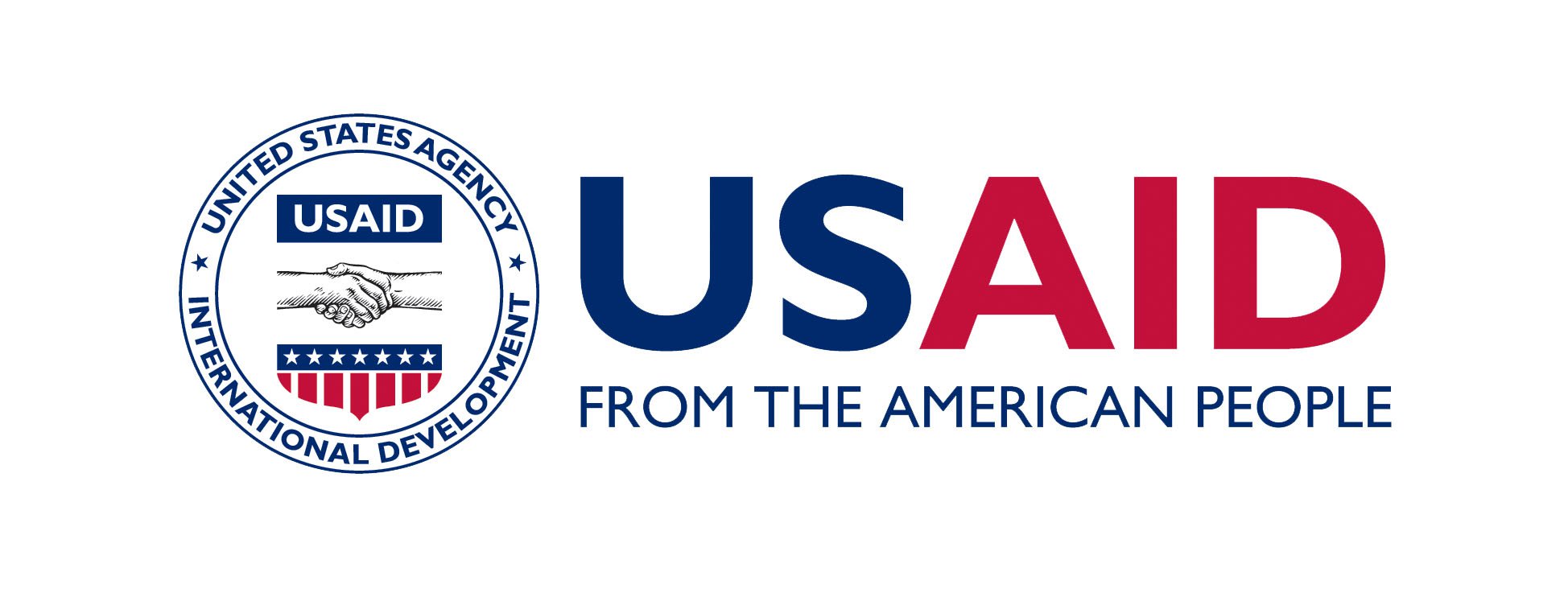Resilience and Poverty Escapes
The 'Resilience and Poverty Escapes' project aims to expand the understanding of the drivers of sustained and transitory poverty escapes across contexts and to draw out policy and programming implications. This project follows up on the work developed in 2016 by CPAN-ODI in the framework of the 'Investigating the dynamics and drivers of transitory poverty escapes' project, which examined the extent and nature of sustainable and transitory poverty escapes in three Feed the Future Initiative countries - Bangladesh, Ethiopia and Uganda ; and investigated how policies and programs can be designed and implemented to minimise, and if possible prevent, transitory escapes and in doing this contributes to sustained poverty reduction. This project was supported by USAID through the Leveraging Economic Opportunities activity.
This previous body of work raised a lot of interest within and outside of the agency and confirmed the broader relevance of resilience beyond managing climatic shocks. As such it was suggested to broaden the scope of the research to include seven additional countries selected on the basis of the Poverty Eradication Policy Preparedness Index (PEPPI), panel data availability and Feed the Future countries, as well as demand directly received from some countries. The seven focus countries of the research are then categorized as follows:
- Full resilience and sustainable poverty escapes analysis across 3+ waves of data (Cambodia, Kenya, Nepal and the Philippines
- Resilience and impoverishment analysis across 2 waves of data (Malawi and Niger)
- Robust qualitative life history analysis of on-going resilience and sustainable poverty escapes work (Tanzania)
This work will build on the previous set of country cases methodology that comprise mixed-methods research combining analysis of existing household panel survey data with the collection of new qualitative data through focus group discussion and life histories, in line with CPAN methodology.
Staff
-
Andrew Shepherd
Senior Research Associate
-
Vidya Diwakar
-
Stefania Perna
Senior Programme Manager
-
Aoife McCullough
Research Associate
-
Kate Bird
Research Associate
